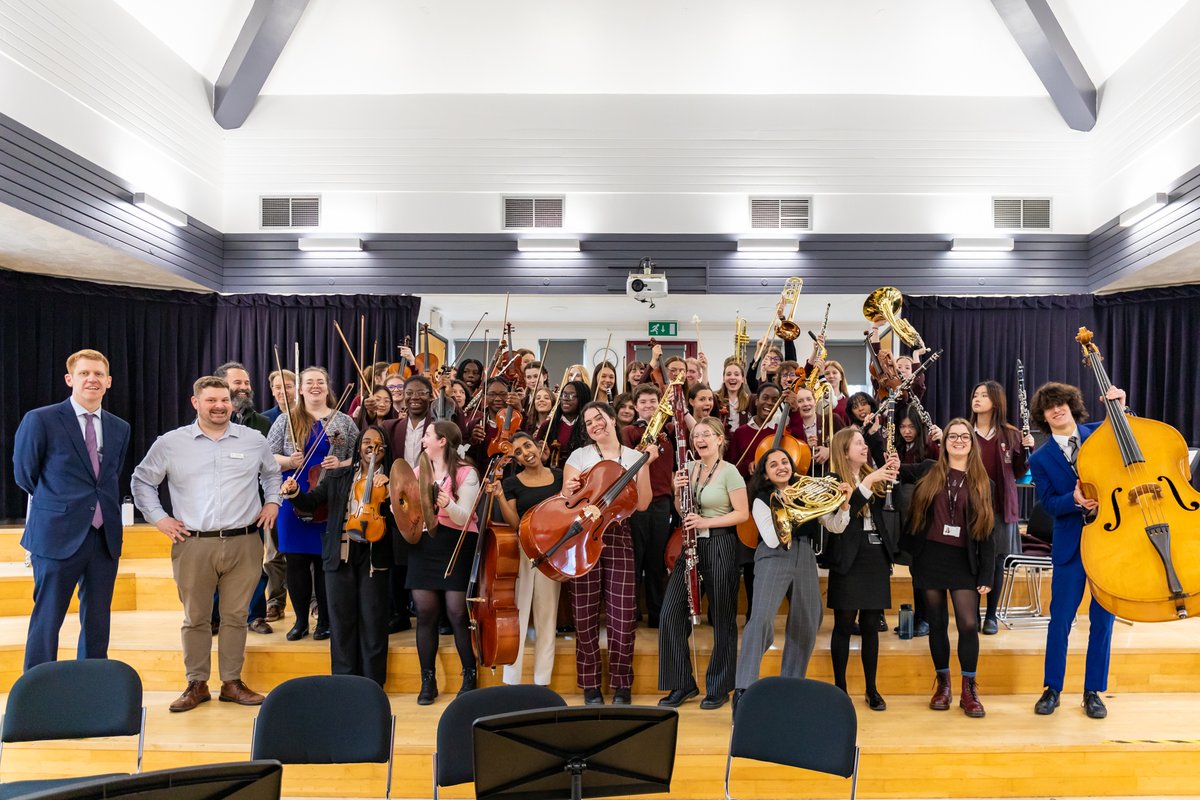German
All teachers in the German department have spent time working and/or studying in a German-speaking country. We have a love for German-speaking countries, the language, the history and the many diverse cultural events that fill the German-speaking world’s calendar.
We aim to share our love for our subject with our students. Thus, we deliver challenging but enjoyable lessons throughout our students’ learning journey at Invicta.
The topics we cover in Key Stage 3 allow our students to develop an understanding of the German basics and enables them to be able to hold a sound conversation on a range of the topics we cover by the end of Year 8. In Year 9, the Foundation Year, we continue to build on these basics, allowing our students to deepen their understanding of grammar whilst introducing some of the concepts of Key Stage 4 study. Years 10 and 11 allow us to explore the more profound and complex components of the GCSE course whilst allowing all students to fully develop their own individual character and sense of responsibility as a British and a global citizen. This, we hope, will ultimately lead some students to German A Level study and beyond, because in this day and age, the ability to communicate both verbally and in written form with others in the workplace is an increasingly more desirable attribute to have.
Viel Glück und viel Spaß!
Key Stage 5
German and the German-speaking countries are a constant source of fascination and joy to us in the German department. We love the language and our subject and we love having the opportunity to instil and develop a love of this in others. We are also incredibly proud of the fact that we help the school stand out in its individuality and support its internationalism by offering German.
Not only do students learn how to communicate accurately with German speakers, but we cover a multitude of topics that will broaden their knowledge and understanding of German speaking countries: the politics, the daily way of life, the contribution Germany and other speaking countries made in building the EU into the powerhouse it is today, are all such examples. These examples all go to show how multiculturalism and diversity are now a way of life in these countries.
German is one of the most gratifying subjects to take at A Level and we in the German department are proud of all that we pass on to our students. We do this through a multi-media approach combining the use of; videos, films, extracts from radio interviews, topical and current articles from newspapers, as well as magazines to support the learning taking place. It goes without saying that we also read a book and discuss the many themes, characters and attitudes interwoven in the text as we do with a film.
We encourage our students to learn beyond the curriculum and recommend students watch German TV channels, take out a subscription for German magazines and read other novels, collections of poetry, plays and other films that are of interest to them.
Due to the huge range of themes that we cover, we are proud to say that we teach our young adults the skills to be articulate, honest, and resilient in all that they strive to do with their futures, and the future of not only Britain but also the world.
Examination Board/Qualification: AQA - A Level
- Paper 1 Listening, Reading and Writing: 2 hours and 30 minutes (50% of A Level)
- Paper 2 Writing: 2 hours (20% of A Level)
- Paper 3 Speaking: 21-23 minutes (30% of A Level)
- Individual research project (included in speaking exam)
- All papers completed at the end of Year 13
Topics Covered
Year 12
- Changing state of the family
- The digital world
- Youth culture: Fashion, music and television
- Festivals and traditions
- Art and architecture
- Cultural life in Berlin
- Analysis of a German Novel
Year 13
- Immigration
- Integration
- Racism
- Germany and the EU
- Politics and youth
- The Reunification of Germany and its consequences
- Analysis of a German Film
Timetable
Over a fortnightly timetable, students receive:
- 8 hours of guided classroom learning
- 2 hours of guided independent study
- 10 hours of guided independent homework
Enrichment and Extra Curricular
Resources
- AQA German AS Grammar Workbook
- Aktion Grammatik!, John Klapper and Trudi McMahon
- Wort für Wort: New Advanced German Vocabulary, Paul Stocker
- http://german.net/
- https://deutsch.lingolia.com/en/
- http://www.canoo.net/
- http://www.dw.com/de/deutsch-lernen/top-thema/s-8031
- http://www.zdf.de/ZDFmediathek#/hauptnavigation/ startseite
- www.uk.diplo.de
- www.spiegel.de
- www.fluter.de
To Read
- Der Vorleser, Bernhard Schlink
- Die Verlorene Ehre der Katharina Blum, Heinrich Böll
- Mutter Courage und ihre Kinder, Bertolt Brecht
- Der Besuch der alten Dame, Friedrich Dürrenmatt
- Andorra, Max Frisch
- Gedichte – Buch der Lieder, Heinrich Heine
- Zonenkinder, Jana Hensel
- Die Verwandlung, Franz Kafka
- Russendisko, Wladimir Kaminer
- Fundbüro, Siegfried Lenz
- A Concise History of Germany, Mary Fulbrook
Extra Activities
- Lunchtime club
- After school film club
- Oxford translation competition
- MUN conference in Geneva
- Trips/Exchanges
- Mentoring opportunities
Useful Tips
Regularly read and listen to the news in both German and English to gain an understanding of current affairs and issues.
Listen to and watch German films and/or podcasts outside of the classroom to improve listening skills and broaden vocabulary.
Learn vocabulary little and often to ensure it is being stored in your long-term memory, not forgetting to keep revisiting previous vocabulary lists.
Always look up and make a note of new words you may have come across in classwork or at home.
Try to attend various events and exhibitions relating to German-speaking countries to help broaden your knowledge of the countries where German is spoken. e.g. at the Goethe Institut in London
Regularly practice typical speaking questions outside of the classroom with a friend without relying on pre-learnt answers
Ensure you maintain well-organised notes on all the different topic areas.
Create revision mind-maps or notes by topic as you go through the year.
Try to take part in an exchange or trip to Germany or other German-speaking countries where possible.
Careers
We have a wealth of information on our Careers page - Please click here to visit.





























